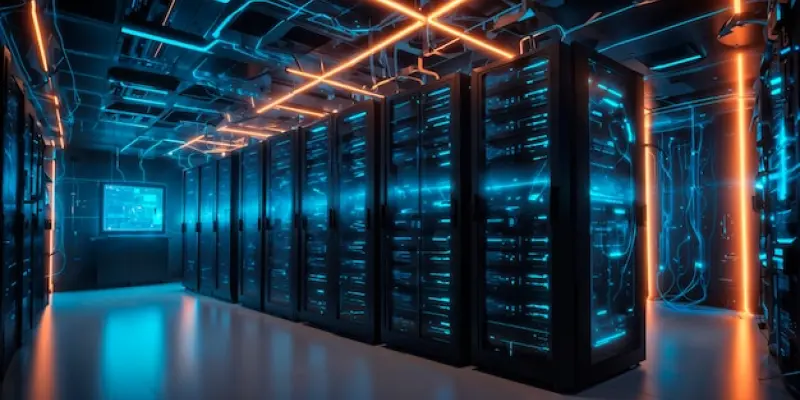The University of Virginia is planning a new research data center due to the current facility nearing its capacity. Stretching the existing 1.5MW data center’s capabilities to the limit has created bottlenecks for researchers and impacted faculty recruitment and retention. Set to be located at the Fontaine Research Park in Charlottesville, the proposed center will initially offer 4MW of IT capacity with a $72 million investment, potentially expandable to 16MW. This new facility represents the university’s strategic move to consolidate and expand data capabilities, ensuring robust support for its growing research needs.
The Necessity for Expansion
The current data center, established in 2011, was initially designed to supplement the Carruthers Hall data center but has since reached its maximum capacity. Despite efforts to optimize existing resources, the facility is hindered by physical, cooling, and power constraints that preclude any further expansion. The urgency for a new facility by 2029 is underscored by recent disruptions, including an outage in May 2023 caused by fallen trees that disrupted the grid connection. This incident highlighted the vulnerabilities and limitations of the existing infrastructure, further solidifying the university’s resolve to advance its data center capabilities.
To address these challenges, the new data center at Fontaine Research Park will employ innovative solutions, including geothermal heating and cooling systems from the adjacent Fontaine Energy Plant. By repurposing waste heat within the park, the university aims to enhance sustainability while maintaining operational efficiency. The advanced thermal energy generation and distribution technology of the Fontaine Central Energy Plant is integral to this vision, promising to meet the park’s heating and cooling needs effectively.
Evaluating Alternative Solutions
In evaluating alternative solutions, the university examined the feasibility of cloud computing and leasing commercial data center space. Josh Boller, associate vice president for research computing, indicated that cloud solutions would cost five times more, while colocation facilities would incur higher costs over time. The financial impracticality of these alternatives reinforced the decision to pursue a dedicated facility at Fontaine Research Park. Additionally, leasing commercial data center space didn’t provide the same level of control and customization required to meet the specific demands of UVA’s research initiatives.
Cloud computing, while popular for its scalability and flexibility, also posed significant challenges related to data security, latency, and long-term costs. Researchers found that reliance on external cloud providers could expose sensitive data to potential breaches and compliance issues. Furthermore, the operational delays often experienced in cloud-based environments were deemed unacceptable for the rigorous and time-sensitive nature of academic research.
Sustainable and Future-Ready Infrastructure
The University of Virginia is gearing up for the construction of a new research data center to address the limitations of their current facility, which has hit its 1.5MW capacity limit. This overextension has created significant bottlenecks, hampering the progress of researchers and affecting the university’s ability to attract and retain faculty. The new center is slated to be situated at the Fontaine Research Park in Charlottesville and will initially provide 4MW of IT capacity with a budget of $72 million. There is also potential for future expansion to 16MW. This development forms a crucial part of the university’s strategy to consolidate and expand its data capabilities, thereby providing stronger support for its increasing research demands. By investing in this state-of-the-art facility, the University of Virginia aims to ensure that its infrastructure meets the needs of its growing academic community, fostering innovation and maintaining its competitive edge in research.

